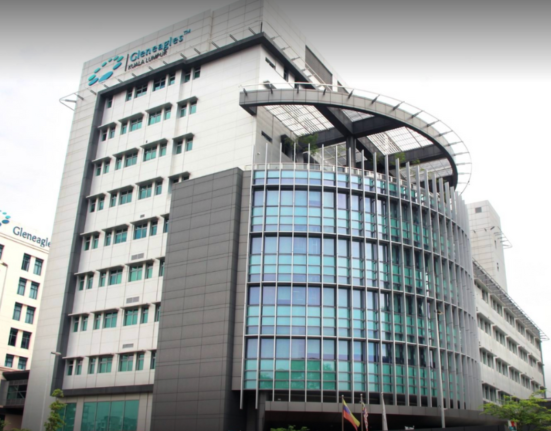365 Big Story: Thyroid Surgery
Exploring Surgical and Medical Treatments for Thyroid Disorders
Thyroid surgery is a medical procedure performed to remove part or all of the thyroid gland. It is often recommended when thyroid disorders such as goitre, thyroid nodules, or thyroid cancer cannot be effectively managed with medication or less invasive treatments. In many cases, surgery can provide long-term relief from symptoms and prevent complications, restoring quality of life and overall health.
Thyroid Cancer Surgery: Screening And Treatment Options
- September 10, 2025
- 845 Views
- Reading Time: 3 minutes
Benign Thyroid Nodule Treatment Cost: What You Need To Know
- September 10, 2025
- 872 Views
- Reading Time: 2 minutes
Thyroid Lump Treatment: Exploring Surgery And Other Alternatives
- September 10, 2025
- 834 Views
- Reading Time: 3 minutes
Why You Should Consider Thyroid Surgery
Thyroid disorders can affect hormone production, metabolism, and overall wellbeing. Common conditions that may require surgery include:
- Thyroid cancer – surgery is often the first-line treatment to remove cancerous growths.
- Large goitre – an enlarged thyroid gland may cause breathing or swallowing difficulties.
- Suspicious nodules – growths that may be cancerous often require surgical removal.
- Hyperthyroidism – when medication or radioactive iodine treatment is not effective, surgery may be recommended.
While some thyroid conditions can be managed with medications or non-surgical therapies, surgery may offer a more permanent solution when these options fail or are unsuitable.
Alternative Treatments for Thyroid Disorders
Not all thyroid conditions require surgery. Depending on the diagnosis, your doctor may recommend:
- Medication – to regulate thyroid hormone levels in cases of hypothyroidism or hyperthyroidism.
- Radioactive iodine therapy – often used for hyperthyroidism or certain types of thyroid nodules.
- Active surveillance – monitoring small, non-cancerous nodules with regular check-ups and scans.
Each option has its benefits and considerations, and the right approach depends on the severity of your condition, overall health, and treatment goals.
Hospitals & Medical Centres
Find A Doctor
Considering thyroid surgery or exploring alternative treatments? Speak to a specialist. They can assess your condition, explain your treatment options, and recommend the most appropriate solution for your needs.


[Big Story] Sleep Apnea

Dr Tan Wee Boon

[SG] Featured Doctor
Book an appointment for thyroid surgery or to consult a specialist. Contact us via the button below.
Featured Financial Advisors


[Big Story] Sleep Apnea

[SG] Featured Doctor
FAQs
A specialist will recommend surgery if your thyroid condition is causing significant symptoms, affecting your quality of life, or poses health risks such as cancer.
Thyroid surgery is generally safe when performed by an experienced surgeon. As with any operation, there are risks, but serious complications are uncommon.
Yes, many thyroid conditions can be managed with medication, radioactive iodine therapy, or monitoring. Surgery is usually recommended only when these options are not effective or appropriate.
If the entire thyroid gland is removed, lifelong thyroid hormone replacement therapy will be required. If only part of the thyroid is removed, some patients may not need medication.
Most patients can return home within a few days and resume normal activities within one to two weeks. Full recovery depends on the type of surgery and individual health.



















